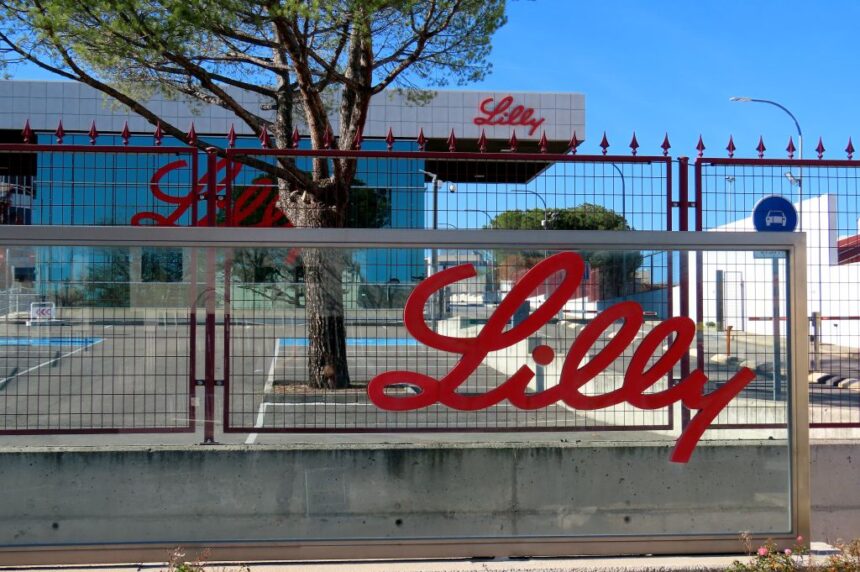A newly-signed discovery collaboration worth north of $600 million gives Eli Lilly access to Prism BioLab’s proprietary small-molecule drug discovery technology, firms announced earlier this week.
Terms of the agreement call for Lilly to make upfront payments to the biotech and up to $660 million in total milestones, plus royalties on net sales for any compounds that spring from the pact.
Utilizing Prism’s peptide mimetic technology platform, the two companies will collaborate to discover small-molecule inhibitors of protein-protein interaction (PPI).
The platform, dubbed PepMetics, promises to “change the current paradigm in drug discovery,” stated Prism CEO Dai Takehara, “by turning previously undruggable PPIs into targets readily druggable with small molecules.”
The collaboration, he added, “could help us realize this vision and expand the field of druggable targets for the benefit of patients.”
Lilly has the option to add up to two more targets to the collaboration and is responsible for the clinical development and commercialization of any resulting products.
Of note, this isn’t Prism’s first big pharma collab.
The Japan-based outfit has inked discovery deals on new PPI targets with global pharmas such as Roche and Genentech, as well as with Tokyo-based Ohara Pharma. Prism says it has already out-licensed two clinical-stage compounds for cancer and fibrosis.
The biotech also counts fellow Japan biopharma Eisai as an investor. Eisai’s corporate venture investment business arm contributed ¥100 million, or about $675,000, to a Series C funding round completed in 2021. Eisai has also struck licensing and joint research agreements on Prism’s drug discovery platform.
As for Lilly, its other recent R&D partnerships include one with Shenzhen-based Xtalpi, an AI-powered drug discoverer, in a deal worth up to $250 million. In that case, as well, Xtalpi said the drug candidates will target a disease that currently has no medicine available.
The Indy drugmaker, which recently surpassed a market capitalization of $500 billion on the strength of its obesity and Alzheimer’s medications, has also been active on the dealmaking front.
That also includes October’s $1.4 billion acquisition of radiopharma company Point Biopharma, as well as earlier deals for European antibody-drug conjugate biotechs Mablink Bioscience and Emergence Therapeutics.
The year’s bolt-on deals saw Lilly bolster its diabetes and obesity portfolio, buying Sigilon Therapeutics and Versanis, too. Additionally, the company paid $2.4 billion to acquire Dice Therapeutics over the summer.







